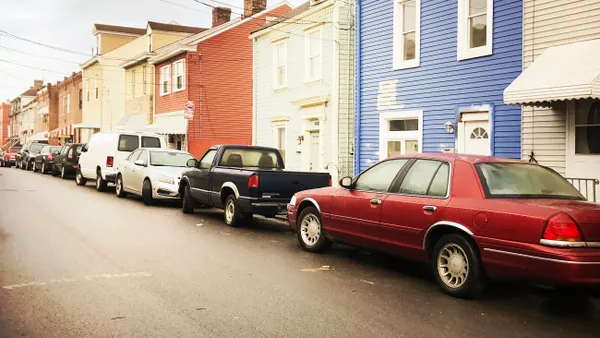Dive Brief:
- Midsize cities can benefit from new technology like 5G, such as via streamlining day-to-day operations and saving money, a leading expert told a U.S. Senate committee last week.
- Kim Zentz, CEO at Spokane,WA-based Urbanova, told the Senate Committee on Commerce, Science and Transportation that midsize cities are already "smart," as they are forced to make decisions quickly and with restricted local budgets, but that 5G can further enhance their progress.
- "With the introduction of new tools like 5G, and other smart city applications that don't require 5G, midsize cities are able to work in a way that the larger metros can't," Zentz said during her testimony. "They can be more nimble, they can be more ambitious, and because of that they have more power to try things before it's time to scale them up across the city."
Dive Insight:
Living lab Urbanova is working hard to find innovative solutions for midsize solutions through what Zentz called a “radical collaboration” with the likes of Verizon, the city of Spokane, Washington State University. The collaboration uses the city’s 770-acre University District as a proving-ground for its ideas on a wide variety of issues, including on having safer neighborhoods, healthier citizens, smarter infrastructure, a sustainable environment and a stronger economy. Those ideas can then be scaled up and translated to other cities.
"Local governments are always cash-strapped, so to know that they can make smart technology infrastructure upgrades that can help save money in the future is something that I think is very important," U.S. Sen. Maria Cantwell, D-WA, the committee’s ranking member, said in her opening statement during the hearing.
Zentz’s testimony on the importance of midsize cities is in keeping with similar studies and reports, which have found it does not need to just be the major metropolitan areas that lead the way. Research by global risk management company DNV GL found significant leadership and innovation on climate change and sustainability is happening in midsize cities, in part because they can be more nimble and flexible in addressing problems.
And as telecom companies look to roll out 5G, AT&T is looking to add that service in midsize cities as well as major ones, in part to “avoid a new digital divide” by getting the technology into those markets.
But Zentz said more must be done to help cities innovate, and that Congress can help. She said elected leaders should do more to help encourage more “innovative financing mechanisms” like public-private partnerships (P3s), coordinate policy, support workforce training and make sure innovations are interoperable across jurisdictional boundaries. And she said cooperation is key at all levels.
"It's not just the cities that need to be working in a team fashion, it's really all the jurisdictions that all intersect to make cities more livable," Zentz said.












